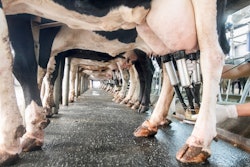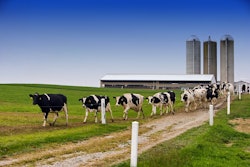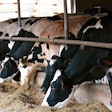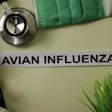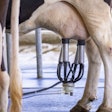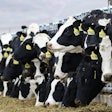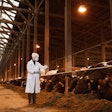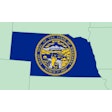
Virology experts from Cornell University are sequencing the highly pathogenic avian influenza (HPAI) virus that has affected dairy cattle in several states to better understand why the virus jumped to cows and how to prevent future outbreaks.
“When there is spillover of HPAI to a new species, especially to mammals, it is always concerning, as the virus may adapt and gain the ability to transmit between animals,” said Dr. Diego Diel, associate professor of virology in the Department of Population Medicine and Diagnostic Sciences and director of the Virology Laboratory at the Animal Health Diagnostic Center (AHDC), in a report by the Cornell Chronicle.
The HPAI virus that was detected in dairy cattle in late March has also affected other mammals, including goats, foxes, bears and seals. On April 1, the first case of an HPAI infection in a human who worked with dairy cows presumed to be infected with the virus was reported.
“We will study how HPAI spilled over into dairy cows to understand why this outbreak happened,” Diel said. “There are a number of very important questions about its source and the risk of transmission to other animals and humans that need to be addressed.”
As the New York State Veterinary Diagnostic Laboratory, the AHDC supports the state’s animal agriculture and promotes the health of animals and humans by testing hundreds of thousands of samples a year. With its subject matter expertise, advanced testing capabilities and membership in the National Animal Health Laboratory Network, the AHDC is well suited to respond to such outbreaks.
The AHDC is encouraging veterinarians to send samples from cows and other animals for any disease outbreak for testing.
Federal agencies are also working with state and industry partners to encourage producers and veterinarians to report cattle illnesses quickly so they can monitor potential additional cases and minimize the impact and risk to farmers, farmworkers, consumers and other animals. Producers are urged to work with their veterinarian to report cattle illnesses quickly and practice enhanced biosecurity measures.


